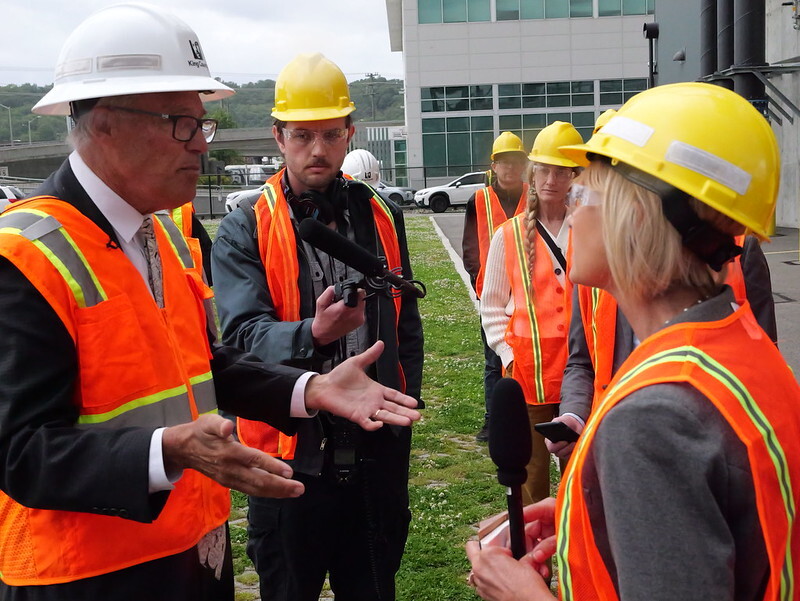The Washington State Department of Commerce and the City of Seattle have allocated close to $75 million in funding for community-led clean energy projects and climate-related job training programs. The grants, totaling $72.6 million, will support solar development, hydrogen fueling, electric microgrids, and more across various counties in the state. The City of Seattle is investing over $2.2 million to recruit and train individuals from marginalized communities for construction and clean energy jobs. These initiatives aim to equip people disproportionately affected by climate change with the tools to respond to the challenges of global warming.
Leaders in Washington state and Seattle have demonstrated their commitment to addressing climate change with ambitious carbon reduction goals. Seattle has set a target to reach zero emissions by 2050 and decarbonize all city-owned buildings by 2035. The funding will support appliance upgrades for small businesses and training for at least 260 Priority Hire employees, individuals from economically disadvantaged communities. Partnerships with local companies will help place workers in construction and clean energy jobs, furthering the impact of the funding and initiatives.
The funding for these grants comes from the city’s controversial payroll expense tax that has faced opposition from the business community. This tax supports affordable housing and efforts to support lower-income residents. The grants dispersed by Commerce are spread across 24 counties for clean energy installations with an environmental justice component. The Climate Commitment Act in Washington, which caps carbon emissions and requires businesses to pay for pollution, is the source of funding for these initiatives. However, Initiative 2117, on the November ballot, aims to eliminate the act and the funding it generates, potentially impacting future climate-related projects.
Some of the grant awardees include the Toppenish School District in Yakima, Port Angeles Food Bank, United Indians of All Tribes Foundation in King County, and the City of Walla Walla. These organizations received funding for renewable energy projects, sustainable power upgrades, decarbonization efforts, and solar-powered water treatment operations. The awards are aimed at empowering individuals and communities to take immediate action against climate change, as stated by Mike Fong, director of the Department of Commerce, emphasizing the importance of supporting initiatives that have a direct impact on addressing environmental challenges.
The investments in clean energy and job training programs highlight a proactive approach to combatting climate change and creating opportunities for marginalized communities to participate in the transition to a sustainable future. By aligning with ambitious carbon reduction goals and supporting community-led initiatives, Washington state and Seattle are setting an example for others to follow in the fight against global warming. The grants awarded will not only support the implementation of clean energy projects but also provide valuable training and employment opportunities for individuals looking to enter the construction and clean energy sectors. This multi-faceted approach aims to create a more resilient and equitable society as the world continues to grapple with the impacts of climate change.


